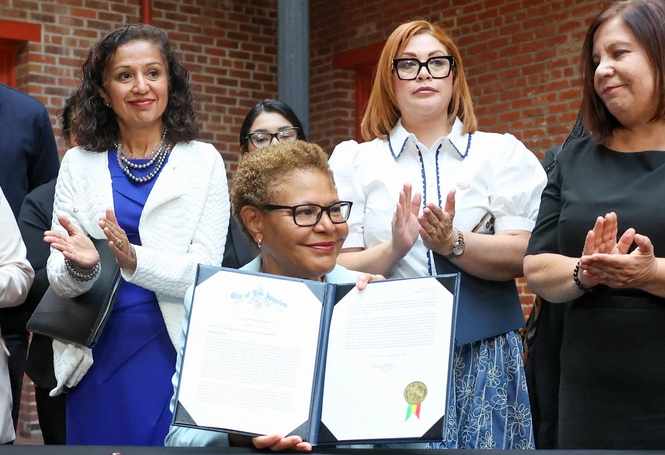Planning for a family and pregnancy can be exciting and stressful simultaneously. It’s second nature to think you have it all figured out and, at the same time, be unsure if you know what you’re doing. Couples wonder all the time if they’re ready to raise a family, so don’t freak out about it.
In order to have a safe, happy pregnancy and family after, it takes a little planning, a lot of patience, and just knowing that every day is a new day. To get the most out of your pregnancy, you need to plan effectively. To do so, there are a few things to consider.
First, discuss all the different parenting decisions that need to be made with your partners, such as work vs. staying home, concepts of childcare and discipline, educational goals, and any religious observations and family holidays. Then, your best chance for success is to make a plan and take action.
Parenting Conversation
Spend some time with your partner and understand the foundation you both have as parents. This communication is crucial for creating a level of agreement between you regarding your roles and the type of parenting you plan to have for the family. Of course, it can change, but open dialogue is crucial for you to grow your family together.
Health Tips for Pregnancy
Once the overview of parenting has been discussed, the next step is the act of trying to conceive. There are two ways you can try to conceive. One is just “see what happens,” and the other is a more logical, pragmatic way to go about conception. Planning for pregnancy requires understanding your menstrual cycle and peak ovulation, eating better, getting more rest, and discussing with healthcare providers.
Stop birth control: The first step is eliminating birth control for individuals looking to conceive. It’s recommended that people looking to become pregnant should stop taking birth control 2-3 months before attempting.
Track your menstrual cycle: Now that you’ve stopped taking birth control, start tracking your menstrual cycles so that you can procreate during optimal ovulation periods. The peak is considered 14 days from the end of your last period, and it is recommended that you have sex every day to every other day to increase your chances of becoming pregnant. If you’re unsure when your peak ovulation cycle is, there are over-the-counter ovulation test strips that will help you determine the right time.
Take prenatal vitamins and improve your nutrition: Increasing your overall nutrition before becoming pregnant is vital as pregnancy deletes a lot of minerals, vitamins, and essential nutrients from the woman.
Change your diet: If you’re drinking coffee or alcohol regularly, or smoking any time, limit those as they can hinder your ability to become pregnant. Additionally, improve your diet by including more vitamins and essential nutrients in your daily eating habits.
Get tested: Before you consult with your OB/GYN, in-home test kits are suitable to determine the likelihood of you being pregnant.
Financial Planning for Pre- and Post-Pregnancy
Pregnancy and birth cost money. Probably more than you may think, and invariably there are costs associated with the process that you’re unaware of, so it’s best to create a budget and add 10-15% on top of that in preparation for hidden costs and unknown fees.
Housing size and needs: Is your current home to accommodate a growing family, or do you need to downsize or find a larger space? Also, is your current living situation conducive to a pregnancy and a home able to be childproofed? Taking stock of your living situation is an overlooked yet important step when planning a pregnancy.
Neighboring schools: Do the schools in your area provide for your educational goals, or do you need to find alternative options like private schools or charter schools? Knowing the quality of area schools, especially in the formative years of your child’s education, will help you provide them with the building blocks for educational success.
Planning your family shouldn’t be stressful, but not planning a pregnancy can become stressful. Make a plan, consult your doctor, eat healthier, and track your menstrual cycles are some of the most basic tips to follow for you and your pregnancy planning.

























